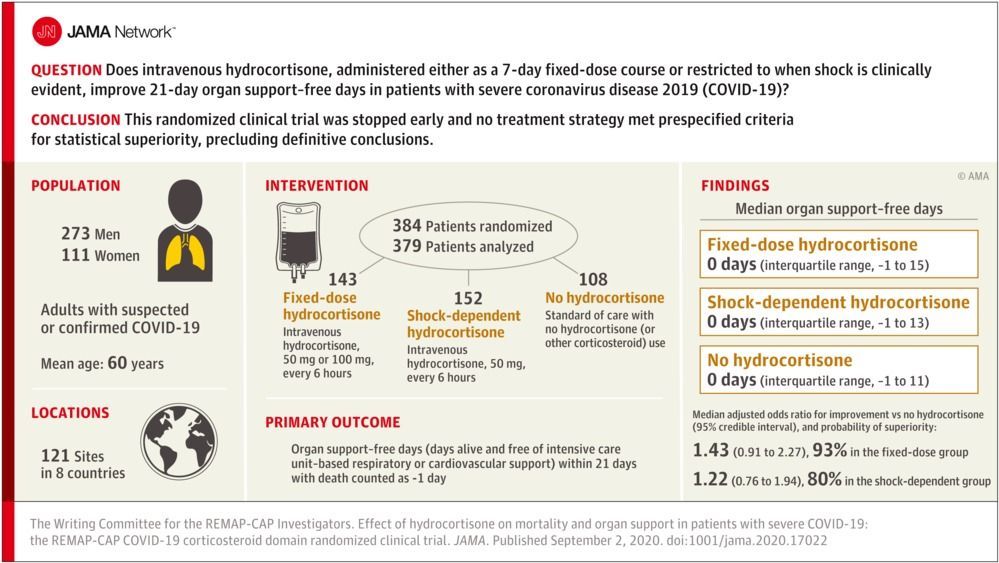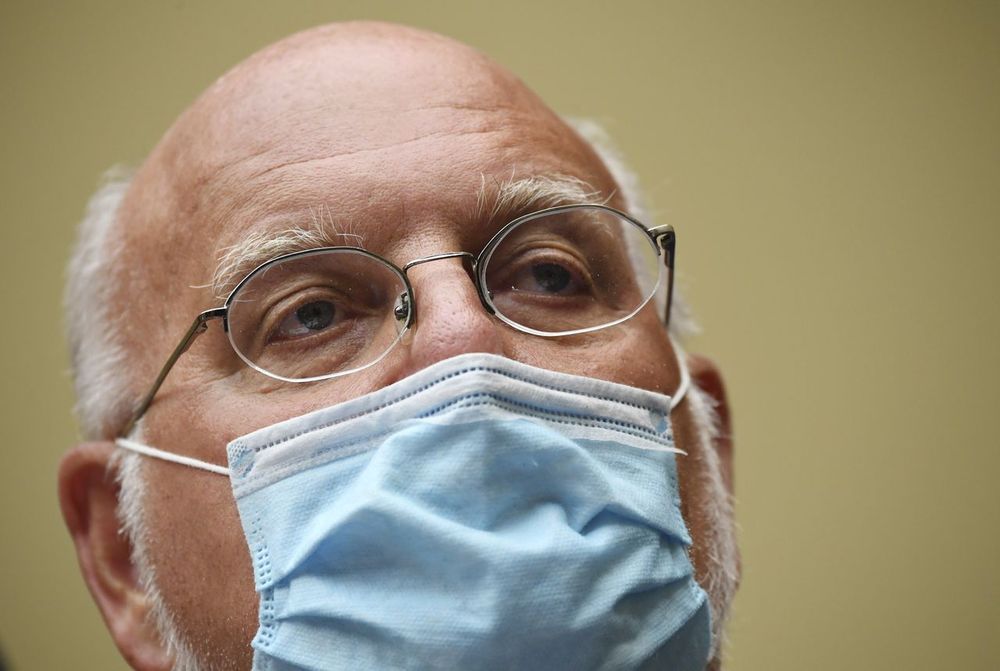This is my second video presentation on the topic of GEO space-based solar power (astroelectricity). This was also given via video at a conference in Portugal on 22 Aug 2020. After a brief introduction to astroelectricity, the 24-minute presentation addresses how global astroelectricity will enable most of the 17 UN Sustainable Development Goals to be addressed and, especially, how affordable middle-class housing can be built. We are living in an exciting time (in a positive sense) where emerging technologies will enable us to push through these difficult times. The key is to undertake an orderly transition from fossil carbon fuels to astroelectricity and not be sidetracked by poorly developed “solutions” such as the Paris Climate Agreement and the Green New Deal.
The world needs a peaceful, orderly plan to transition from fossil carbon fuels to globally decentralized sustainable energy sufficient to enable worldwide middle-class prosperity. Nuclear power, wind power, and ground solar power—“solutions” often tied to the Green New Deal—cannot practically achieve this. Astroelectricity, generated in space by space-based solar power, can meet this need. This presentation builds on the “(Em)powering World Peace and Prosperity Using Astroelectricity” to discuss the global benefits that will arise from transitioning to astroelectricity.
In this presentation, astroelectricity is described followed by examples of how global astroelectricity will enable most of the U.N. Sustainable Development Goals to be realized this century. The presentation ends with describing how astroelectricity, 3D-printing, and humanoid construction robots can revolutionize building affordable middle class homes to boost the world’s standard of living, ending energy impoverishment and substandard housing while providing high-quality science, technology, engineering, architecture, manufacturing and construction jobs worldwide.
This invited presentation was made, via video, at the 22 August 2020 Planet Masters conference in Portugal.







